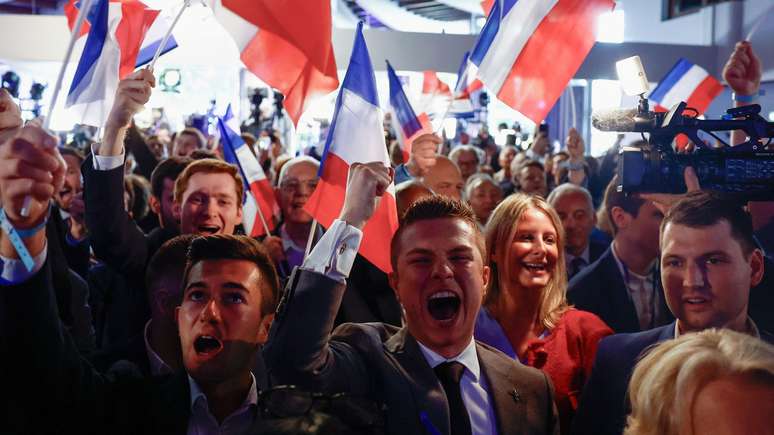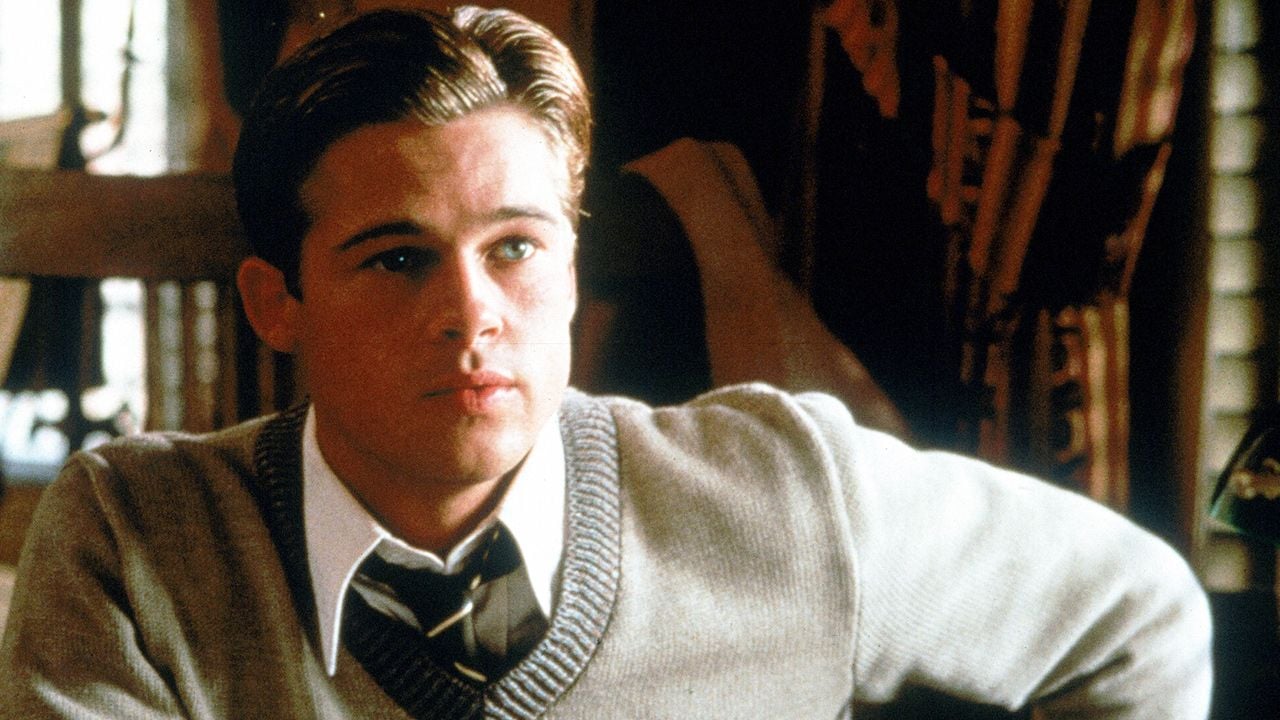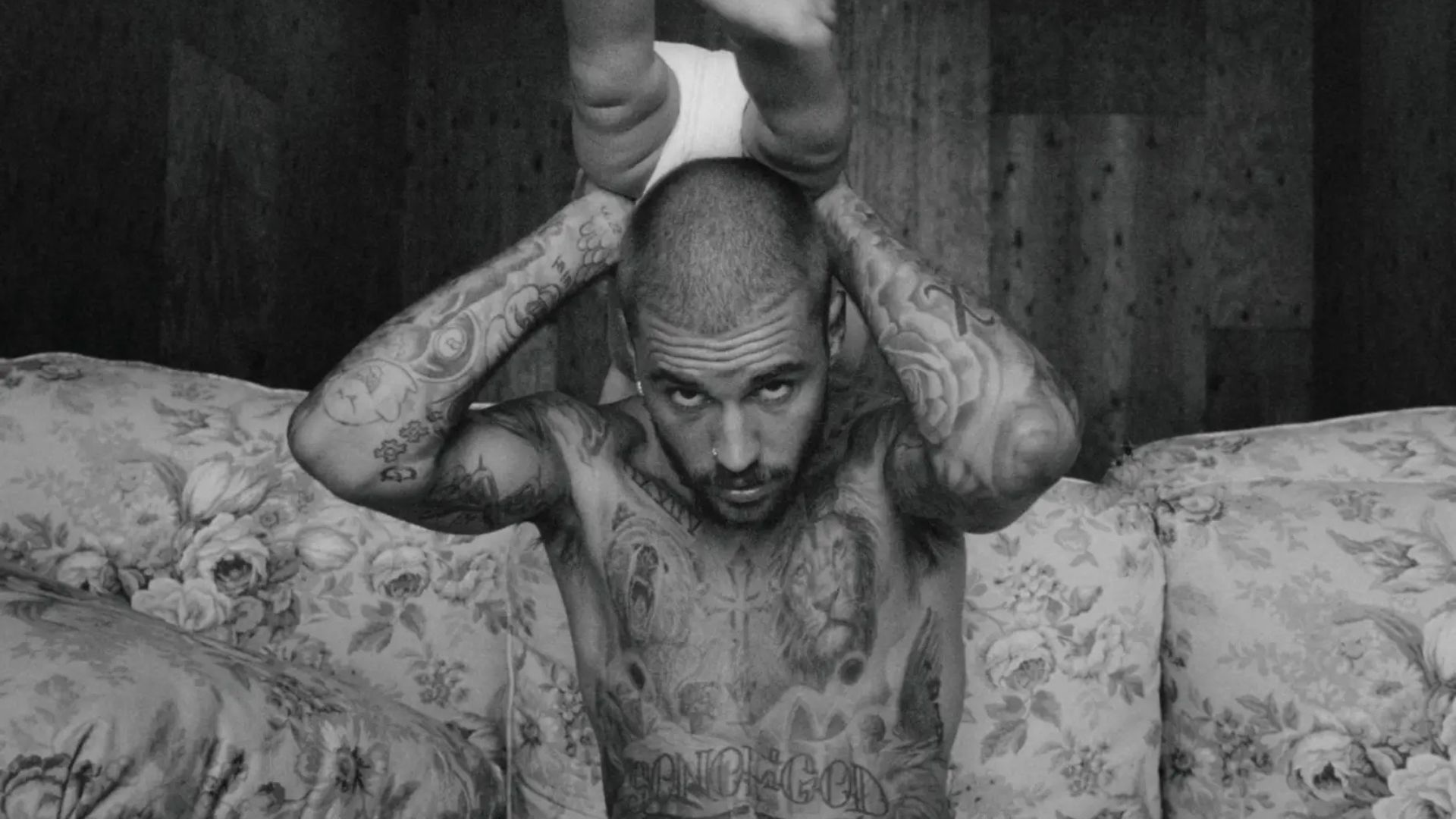Political differences between Europe’s radical right parties could limit their influence in Parliament.
At previous European Union leaders’ summits in Brussels, French President Emmanuel Macron has often been accused of trying to steal the show.
And there is no doubt that he succeeded on Sunday (9/6). Although probably not in the way you would like.
As votes continued to be counted for the European Parliament, Macron dominated the headlines.
His defeat at the polls by radical right-wing French nationalists was expected. But his decision to dissolve the French Parliament later came as a shock.
He considered this idea last year, after losing his majority in Parliament in the last French general election, but few expected the move now.
It’s a big gamble. From a position of weakness.
Emmanuel Macron describes himself as a centrist and a passionate European.
The snap general elections will be held in two rounds – June 30 and July 7 – and could lead to him having to govern alongside a Eurosceptic radical right French prime minister.
Marine Le Pen, regularly described as his political nemesis, said on Sunday that her party was ready to govern.
It has already happened in France that the president, who is the most powerful politician in the country, and the prime minister come from different parties.
But if the new prime minister is far-right, it will be something unprecedented for France.
Marine Le Pen has worked hard in recent years to try to increase the attractiveness of her political movement and soften its radical image.
She and her supporters hope that this significant triumph in the vote for the European Parliament — her party National gathering (National Rally) obtained more than double the party’s votes Renaissance (Renaissance), by President Macron, translates into important victories in early elections within the country.
Her dream would be for these results to bring her or her popular political wunderkind affiliate, 28-year-old Jordan Bardella, closer to becoming president of France – something she has attempted (and failed) several times. The next presidential elections in France are scheduled for 2027.

In the European Parliament elections, the radical right and the nationalist right have gained ground in many parts of the European Union, as voters worry about immigration issues, inflation and the cost of environmental reforms.
But it is unclear whether they will actually be able to influence the future policy of the European bloc.
The majority of seats in the European Parliament – where the bloc’s laws are debated, amended, approved or rejected – remain firmly in the hands of centrist parties.
To influence European Union politics, radical right parties across the bloc will have to band together to gain influence.
And this is a challenge. They have different national priorities and some profound differences, such as the extent to which to support Ukraine against Russia.
An issue that affects the lives of all citizens of the European Union, and which the radical right has already influenced, is environmental reform, with a cost estimated in trillions of euros. This is a priority for the European Union, which has long had ambitions to be a world leader in climate action.
But the green parties lost 20 seats in the European Parliament vote.
Faced with the cost of living crisis, European Union taxpayers are increasingly nervous and even resistant to new environmental regulations, which push them to buy a new heating system for their homes or a less polluting car.
Farmers across the European Union have staged mass protests against environmental rules they consider unfair and disastrous.
The radical right across Europe has clearly used this discontent to present itself as the voice of the people, opposing the “ruling elites” in Brussels and the national government.
The result: Under pressure before the European Parliament vote, a number of the bloc’s environmental regulations were watered down or repealed, including one on pesticide rules. This weakening of ecological goals could be an indication of things to come.
One final consideration: when trying to make concrete predictions about the kind of power the nationalist right will or will not wield in the European Union in the future, labels are often not very helpful.
Some radical right nationalists are becoming more mainstream with the aim of attracting more voters, while a growing number of centre-right politicians have adopted radical right language on controversial issues such as migration and the environment in an attempt to maintain their supporters.
Overall, the centre-right bloc won the most seats and achieved the most victories in the European Parliament.
You may not see this headline all that often in the newspapers. It is less attractive than a debate about the progress of the radical right.
Source: Terra
Rose James is a Gossipify movie and series reviewer known for her in-depth analysis and unique perspective on the latest releases. With a background in film studies, she provides engaging and informative reviews, and keeps readers up to date with industry trends and emerging talents.






